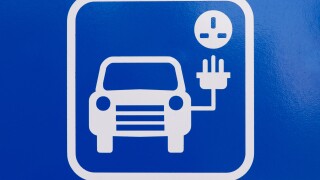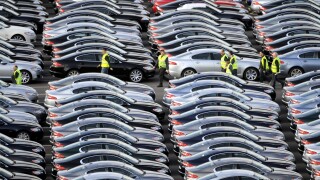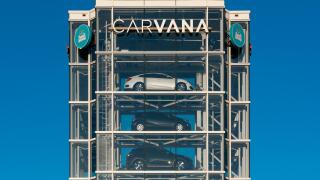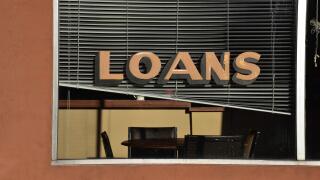Latest news
Latest news
January's ABS data center deals see tenant numbers drop but demand remains strong
Deals including some commercial mortgages expected to follow
Deal was priced 6bp tighter than most recent iteration of the asset class
More articles
More articles
-
Pockets of green ABS could emerge this year but several steps needed for labelled securitization to catch up other asset classes
-
Risk of economic downturn leaves lower tranches at very wide spreads
-
Existing ABS deals should be unscathed, but consumer credit availability may be reduced
-
Issuer looks to remarket deal that had initially been postponed amid last year's Gilt crisis
-
Demand for embattled online car retailer would be 'reassuring' for ABS market
-
Analysts say strong result for specialist lender provides ABS market with confidence
-
Santander's Holmes Master Issuer priced, but spreads will be key to more issuance
-
Another German auto deal and Dutch RMBS also set to come to market
-
European ABS issuers look to get ahead of ECB purchase programme winding down


















